New Delhi, May 13 (V7N) – In his first national address since the terrorist attack in Kashmir’s Pahalgam, Indian Prime Minister Narendra Modi praised the bravery of the Indian armed forces and declared that India’s policy towards terrorism had entered a new phase. Referring to the country’s military response as ‘Operation Sindoor’, Modi said it was a “reflection of national sentiment” and a warning to terrorist groups and their sponsors.
The Prime Minister paid tribute to the 26 victims of the Pahalgam attack, many of whom were civilians, and vowed strict action against those responsible. “This operation is dedicated to the mothers, sisters, and daughters of India,” he said. “They wiped the sindoor off our women—we wiped out their terror camps.”
‘Operation Sindoor’: A Strategic and Ideological Shift
Describing Operation Sindoor as more than a military campaign, Modi said it marked a paradigm shift in India’s anti-terrorism strategy. The operation targeted nine terror camps in Pakistan-occupied Kashmir, including key bases of Lashkar-e-Taiba and Jaish-e-Mohammed. According to Indian intelligence, three of the five terrorists involved in the Pahalgam attack were Pakistani nationals, and the Pakistan-based group The Resistance Front claimed responsibility.
“Terrorism and talks cannot go together. Terrorism and trade cannot go together. Water and blood cannot flow together,” Modi asserted.
The Prime Minister also accused Pakistan’s military of complicity, citing reports of Pakistani army officers attending the funerals of terrorists killed during the operation.
No Talks Without PoK on the Table
Rejecting any scope for bilateral dialogue that does not include Pakistan-occupied Kashmir (PoK), Modi made it clear: “There will be no talks on Kashmir except for the demand that PoK be returned to India.” He emphasized that India would not accept any external interference in its internal matters, a position reiterated by the Indian Foreign Ministry after former U.S. President Donald Trump’s renewed offer to mediate.
India, Modi said, continues to accuse Pakistan of funding and harboring terrorists, pointing to past attacks such as the 2001 Parliament attack, the 2008 Mumbai attacks, and the 2016 Uri and 2019 Pulwama incidents.
Ceasefire Talks Rejected Amid Security Tensions
In the aftermath of India’s retaliatory strikes, Pakistan reportedly approached Indian authorities for a ceasefire and demanded the reactivation of the Indus Waters Treaty, which India had suspended as part of its response to the Pahalgam attack. Modi dismissed these conditions outright, calling them "blackmail tactics."
“We will not tolerate any nuclear blackmail,” the Prime Minister stated. He added that India is monitoring Pakistan’s actions closely and that further military responses remain “on hold,” not canceled—“Their future will depend on Pakistan’s behavior.”
Global Message: India’s Resolve Against Terrorism
Modi said the operation had not only disrupted terror networks but also delivered a global message of India’s zero tolerance for terrorism. “What we did in three days, they never imagined. Their morale is broken. Now they roam from country to country, looking for sympathy,” he said.
He concluded his address by reaffirming the unity and determination of the Indian people and security forces:
“When the country comes first, when the country is united, its results are visible. The world has seen what India is capable of.”
END/MSS/AJ



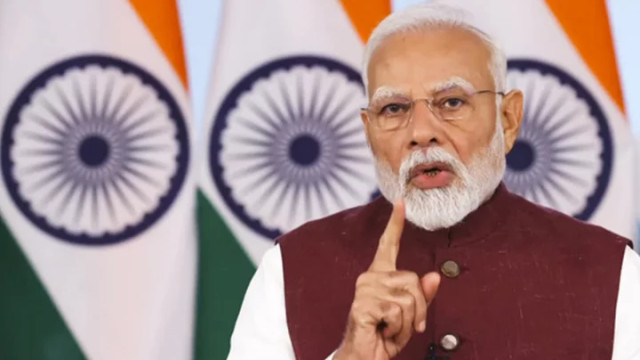
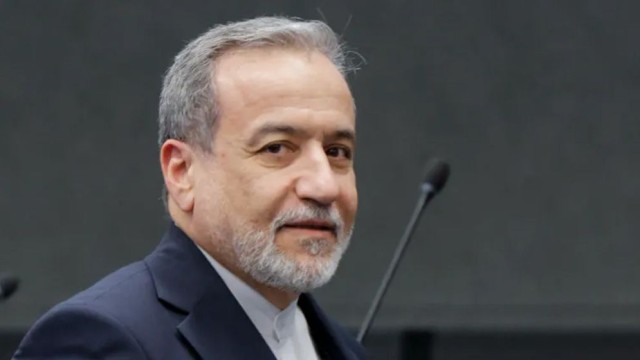
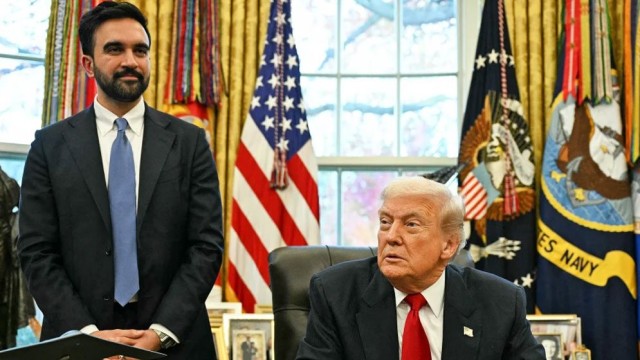
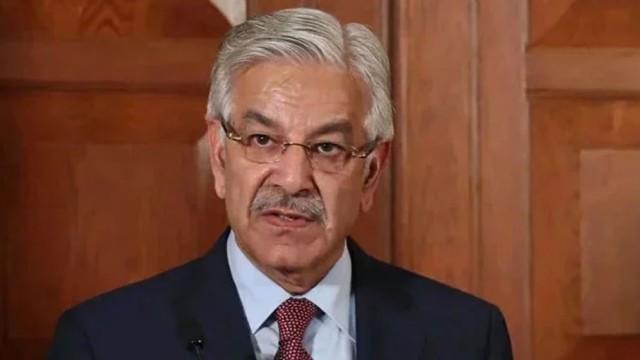
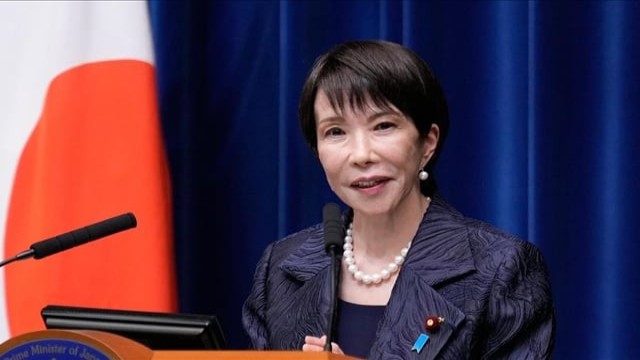
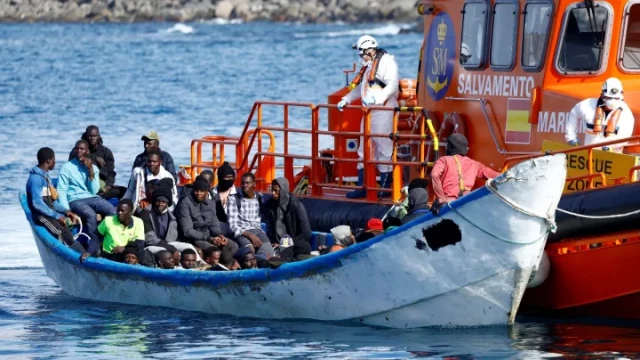
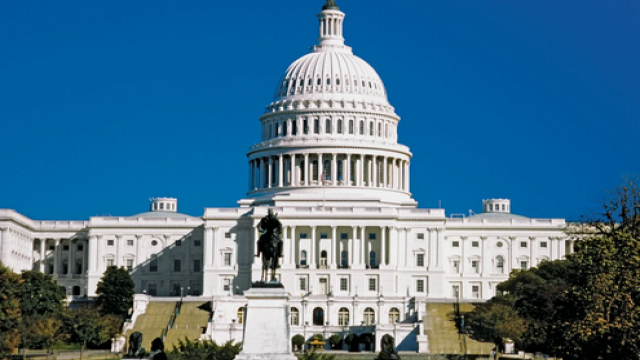
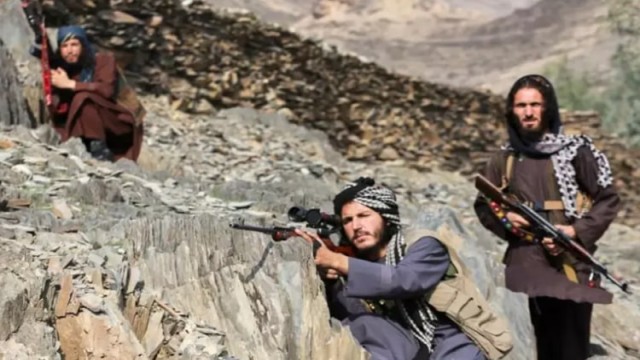

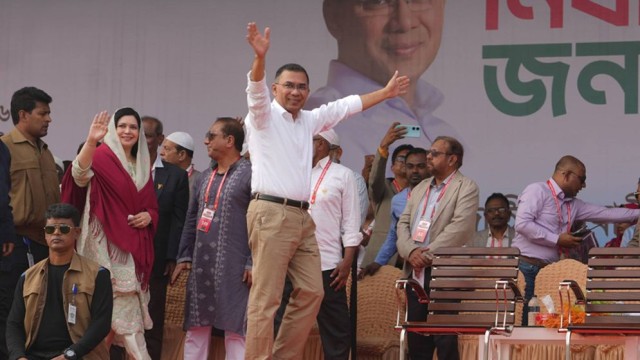
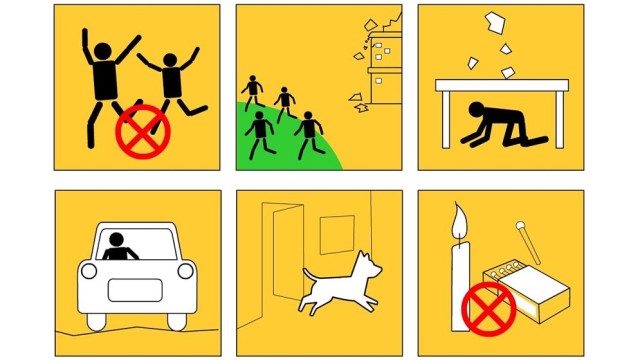
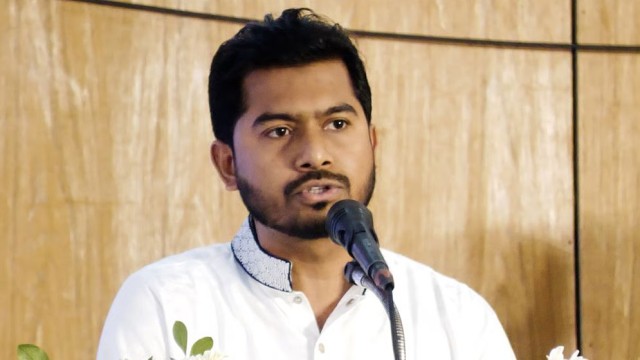
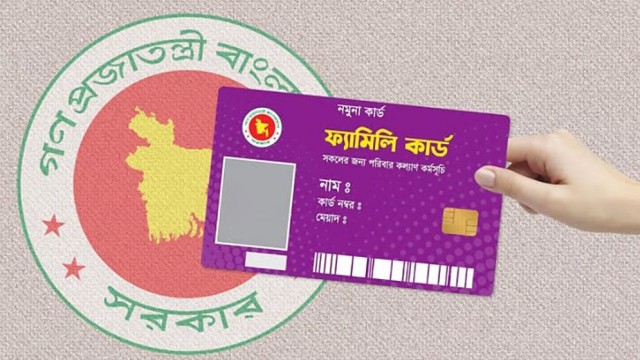
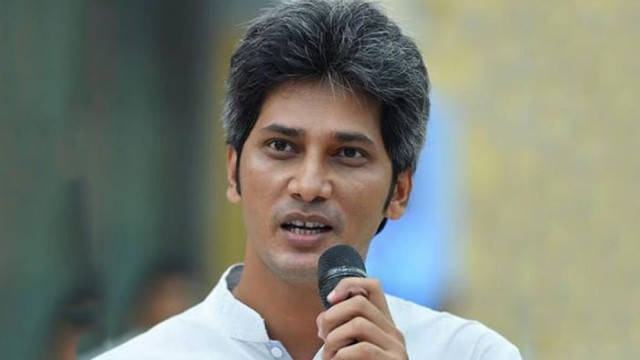
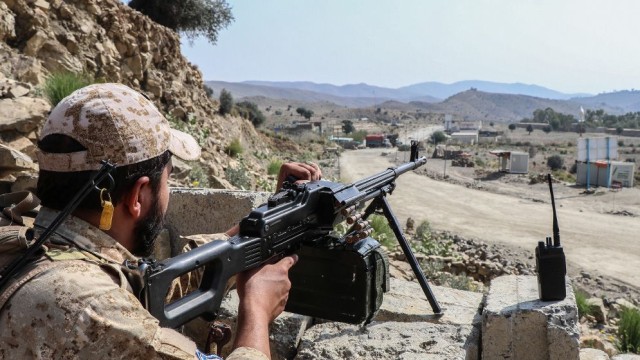






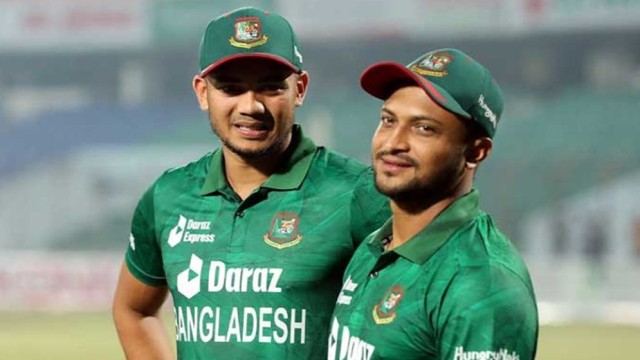
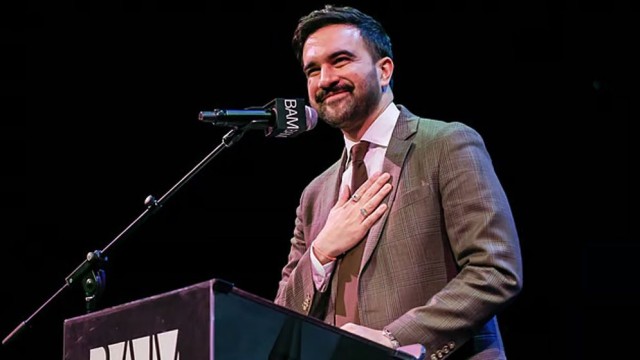

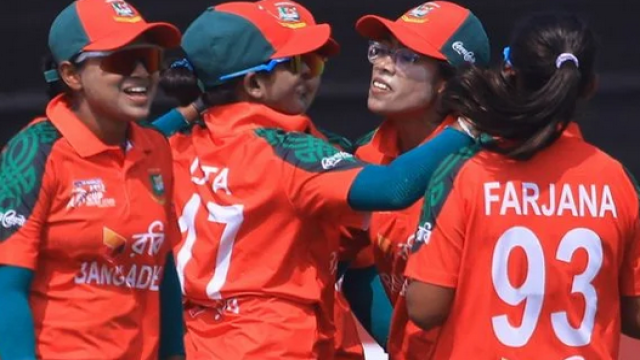

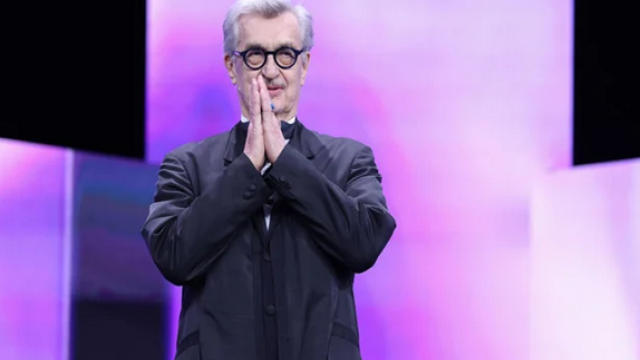

Comment: